Efforts to rid the world of hunger face “immense challenges” as farmers deal with resource scarcity, climate change and loss of soil fertility, agriculture ministers from 65 countries have said, according to media reports.
Economic and financial crisis and “excessive” price swings create uncertainty that endangers investment in agriculture, the policy makers gathered in Berlin wrote in a joint statement published by the German agriculture ministry and dated Saturday.
Food production will have to rise 60 per cent between now and 2050 as the world population expands to 9 billion, according to the UN’s Food and Agriculture Organization. It estimates that some 870 million people were undernourished in 2010-12. The agency also said that international food prices in the past three years have been higher than ever before.
“Progressive scarcity of natural resources, the negative impacts of climate change, extreme natural disasters, and the loss of genetic diversity and soil fertility prevent agricultural potential from being fully realised,” according to the statement from countries including France, Brazil, India, Japan and Canada.






